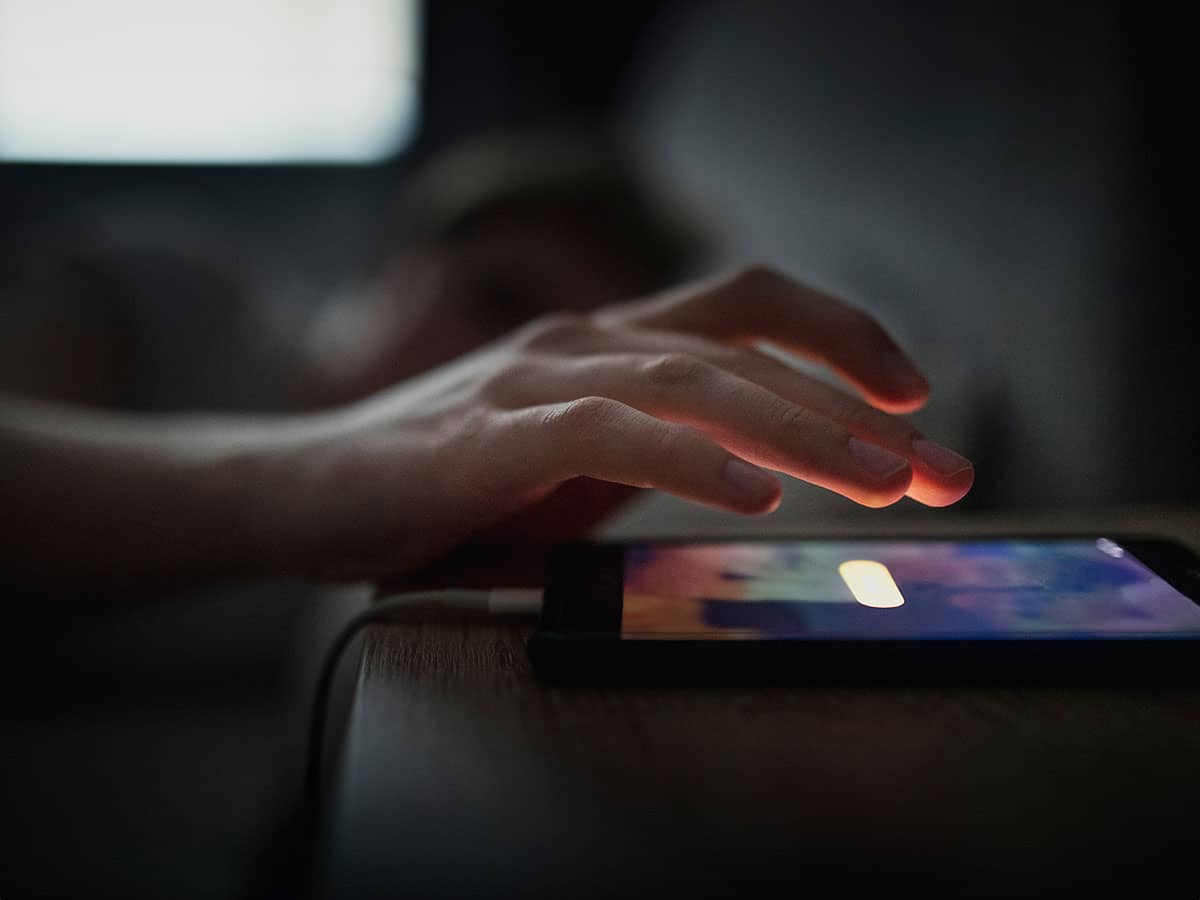Before I was diagnosed with cancer about a year and a half ago, prayer was only dimly on my radar.
Raised by an agnostic Jew and an ambivalent Baptist in mostly Quaker schools, I never learned how to pray. But as I entered college, the space created inside me by the silence of all those Quaker meetings began to fill with spiritual longing, a yearning to connect with all the luscious divine energy I was pretty sure was out there somewhere. As I started studying yoga and Eastern spiritualities in college, a Rumi line wound its way into me: "There are hundreds of ways to kneel and kiss the ground." The idea that prayer could be as free, passionate, and expansive as falling in love was reassuring and thrilling.
I began to dip my toes into prayer when I moved to Maui right after graduating from college. I was still a little tetchy about the word God, but I eventually realized I could pray just fine as long as I was speaking to a female form of divinity (my favorites were Kali, Mary, and Sarasvati) or a gender-free source of luminous divine love. Then I could connect; I could feel the love slowly pouring through me like the fresh coconut water my friends and I drank straight from the nut. Around that time I read an Anne Lamott quote that stuck: the two best ways to pray are "help me, help me, help me" and "thank you, thank you, thank you." I used it again and again.
But after moving back to my hometown of New York City, prayer fell away in exchange for shopping, culture, and financial survival. But when I was diagnosed with Non-Hodgkin’s Lymphoma five years later at age 31, everything kind of stopped. I can’t say that I did the classic thing of getting on my knees and begging for help. I think I had been steeped in New Age thinking long enough to feel like the help was already there, that I just needed to receive it as best I could and trust that the message of this illness would eventually get to me—without doing me in.
One of my stepsisters asked if there was anything else she could do. "Pray for me," I asked. The request and the assurance in my tone surprised me. "Get me onto any prayer circles you can think of," I asked. I have no idea if she actually did it, but I felt empowered, like suddenly it made sense—of course this was part of my treatment regimen: Chemo every other Thursday, and prayer wherever I could get it, on constant psychic IV drip.
I immediately emailed my ex-boyfriend who had become a Franciscan monk (hermetical, but wired). I wrote that I was sick, and asked him to pray for me. He answered that he would. And from almost the very moment of his reply, I felt buoyed by a swoop of invisible support. Maybe that’s what happens when you ask a professional prayer to pray—he’s not squeezing you in between work and errands and TV, but is sitting alone all day praying.
I started asking everyone even vaguely spiritual to pray for me. It felt a little self-indulgent, but a part of me was one-pointed and intensely serious about it. I would feel these internal gusts once in a while, like I was being given energy and support that wasn’t mine--and sometimes I could almost feel who was making requests on my behalf. My friend Jaanette, a wild-haired goddess, didn’t call much while I was sick, but I could feel her praying. She’d finally get around to calling and say, "I’m so sorry, but I’ve really been praying for you," and I’d say "I know, it’s okay," not feeling any of the hurt I felt with other friends who dropped away during that time.
The new study that found that praying for someone doesn’t do anything for the prayed-for, like recent nutritional studies—low fat, not low fat, calcium, no calcium—will plant seeds of doubt in the minds of prayers and prayees everywhere. And it will also strengthen others’ resolve to ignore the scientists and keep on kneeling in hundreds of ways. For me, it doesn’t make a dent. I know that a big part of the reason I’m cancer-free and feeling good right now is because of all those people who closed their eyes and sent blessings, requests, and good vibes my way. All I can say is my own prayer back: Thank you, thank you, thank you.

